Home Pest Prevention: Seasonal Checklist
A well-planned seasonal approach to pest control helps maintain a pest-free home throughout the year. Spring (March-May) Inspection Tasks: Check foundation for cracks and seal them Inspect window screens for tears Look for water accumulation ... Read more
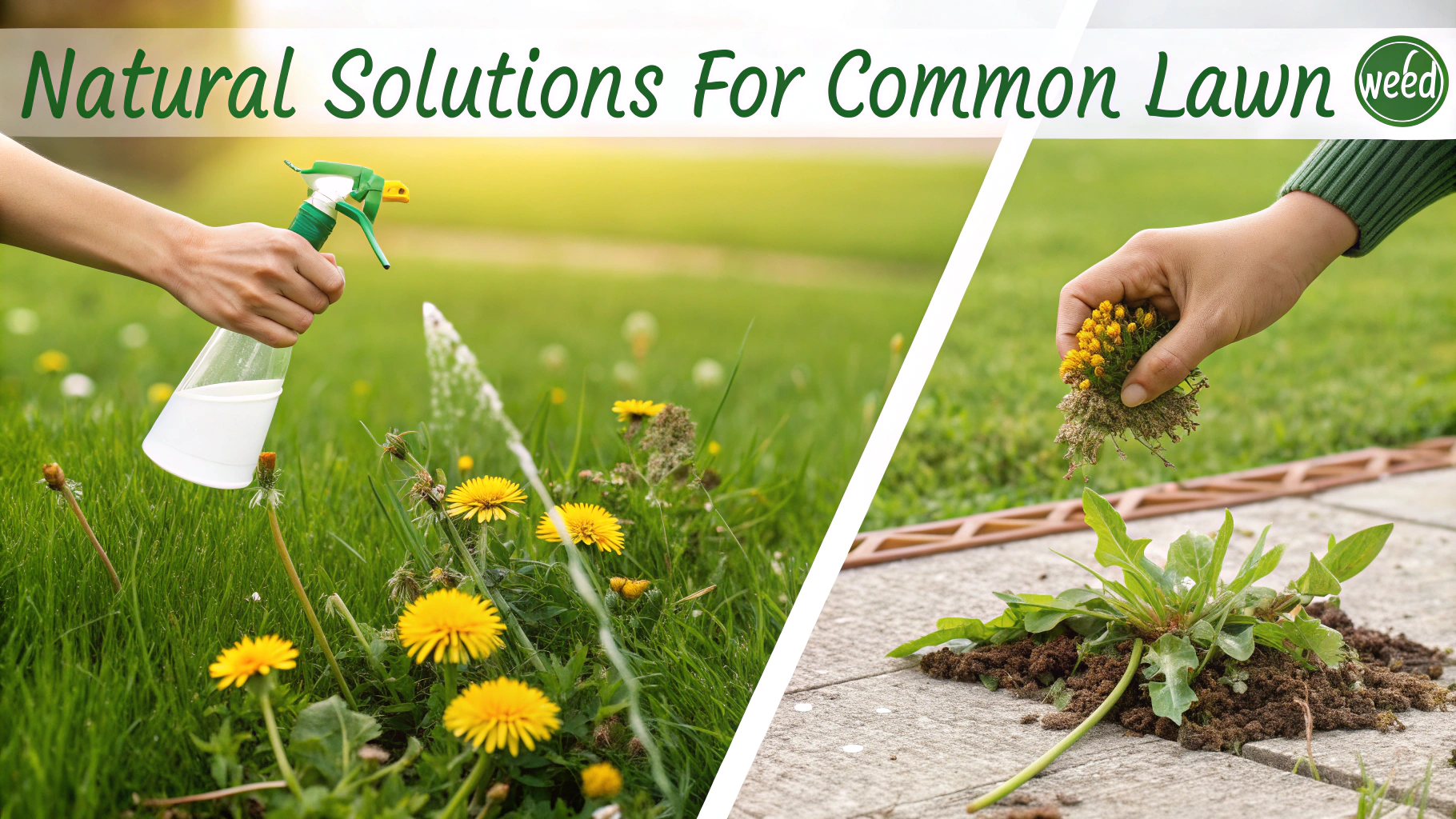
Natural Solutions for Common Lawn Weeds
Controlling lawn weeds naturally helps protect your family, pets, and local environment while maintaining a healthy yard. Common Lawn Weeds and Their Natural Controls Dandelions: Pour boiling water directly on the plant crown, or spray ... Read more
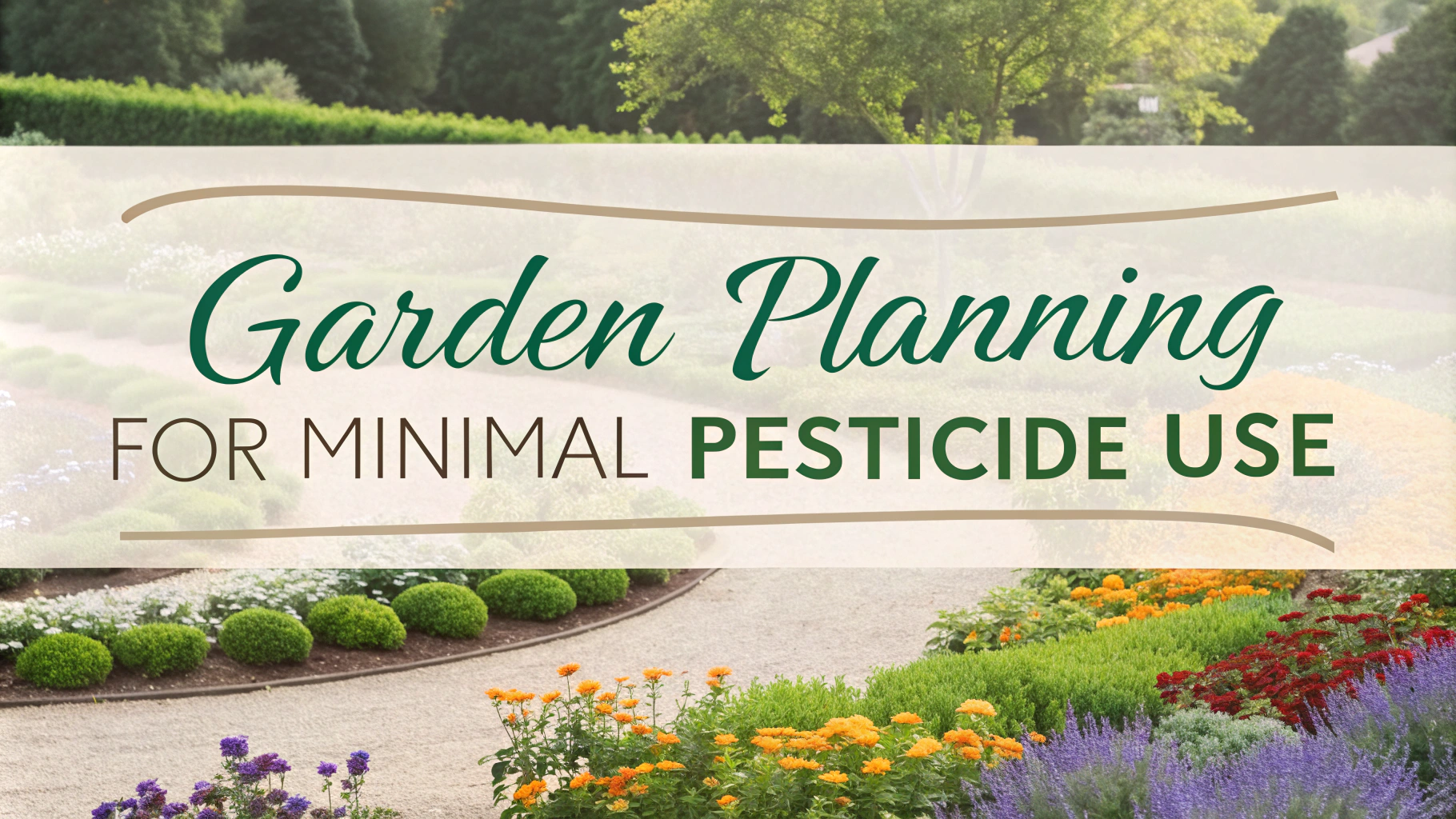
Garden Planning for Minimal Pesticide Use
Planning your garden with natural pest control in mind can drastically reduce or eliminate the need for chemical pesticides. Smart Plant Selection Choose plants that naturally resist common pests in your area. Marigolds – repel ... Read more
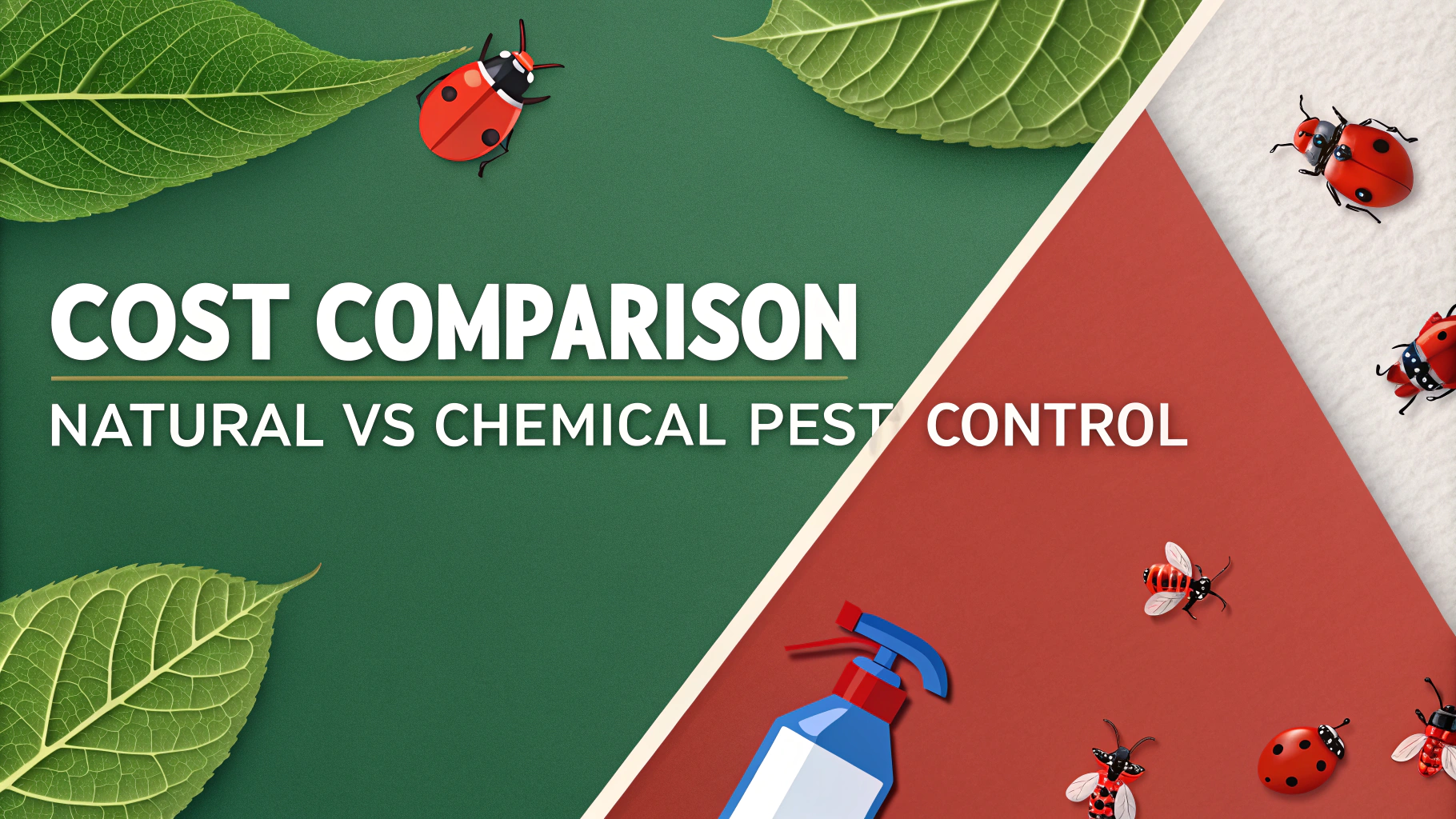
Cost Comparison: Natural vs Chemical Pest Control
A detailed cost comparison between natural and chemical pest control methods helps homeowners and farmers make informed decisions about protecting their crops and properties. Initial Investment Costs Chemical pesticides typically require a lower upfront investment ... Read more
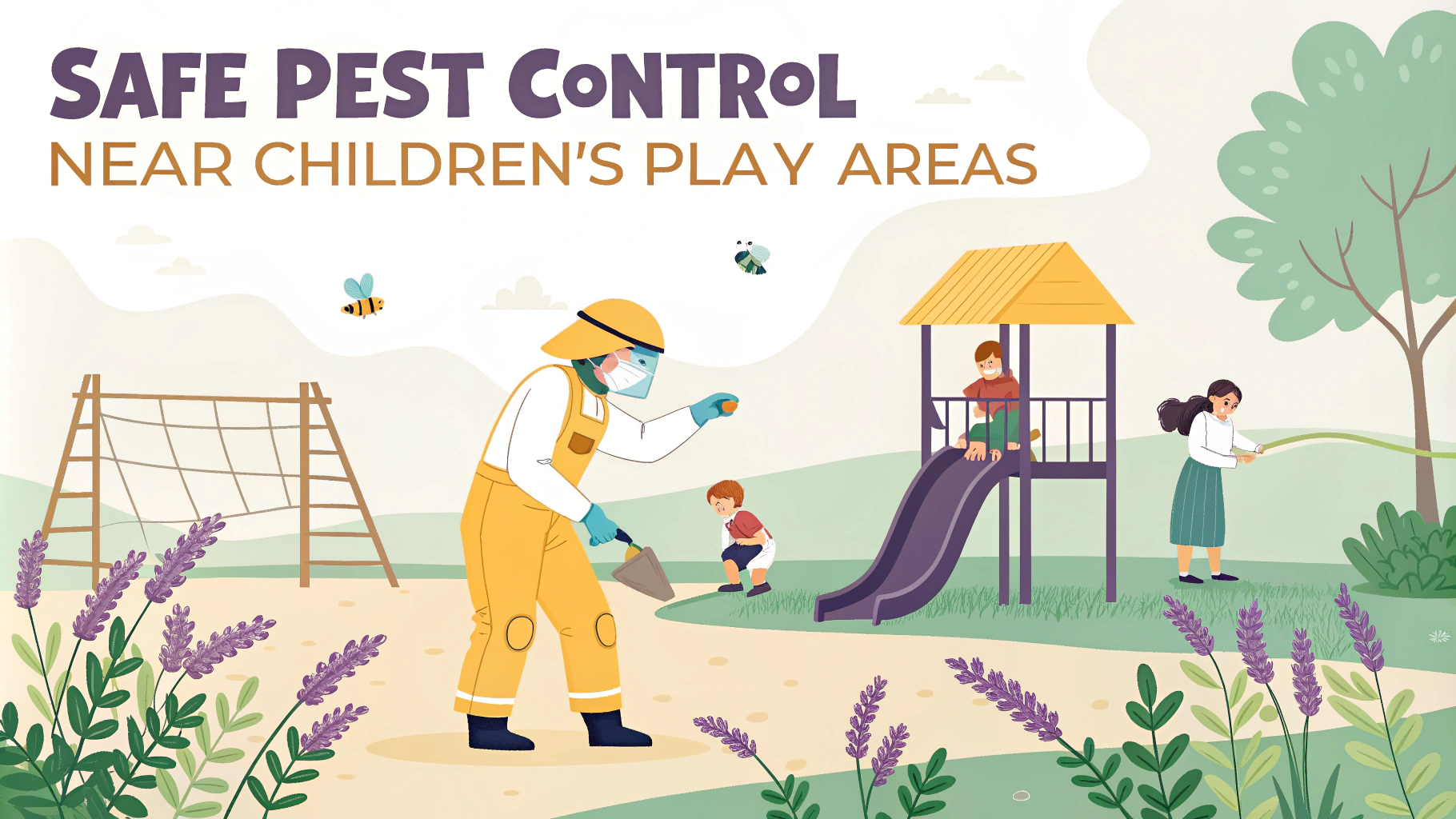
Safe Pest Control Near Children’s Play Areas
Protecting children while effectively controlling pests requires a careful balance of safety and efficacy. Natural pest control methods should always be the first line of defense around children’s play areas. Safe Pest Control Options Diatomaceous ... Read more
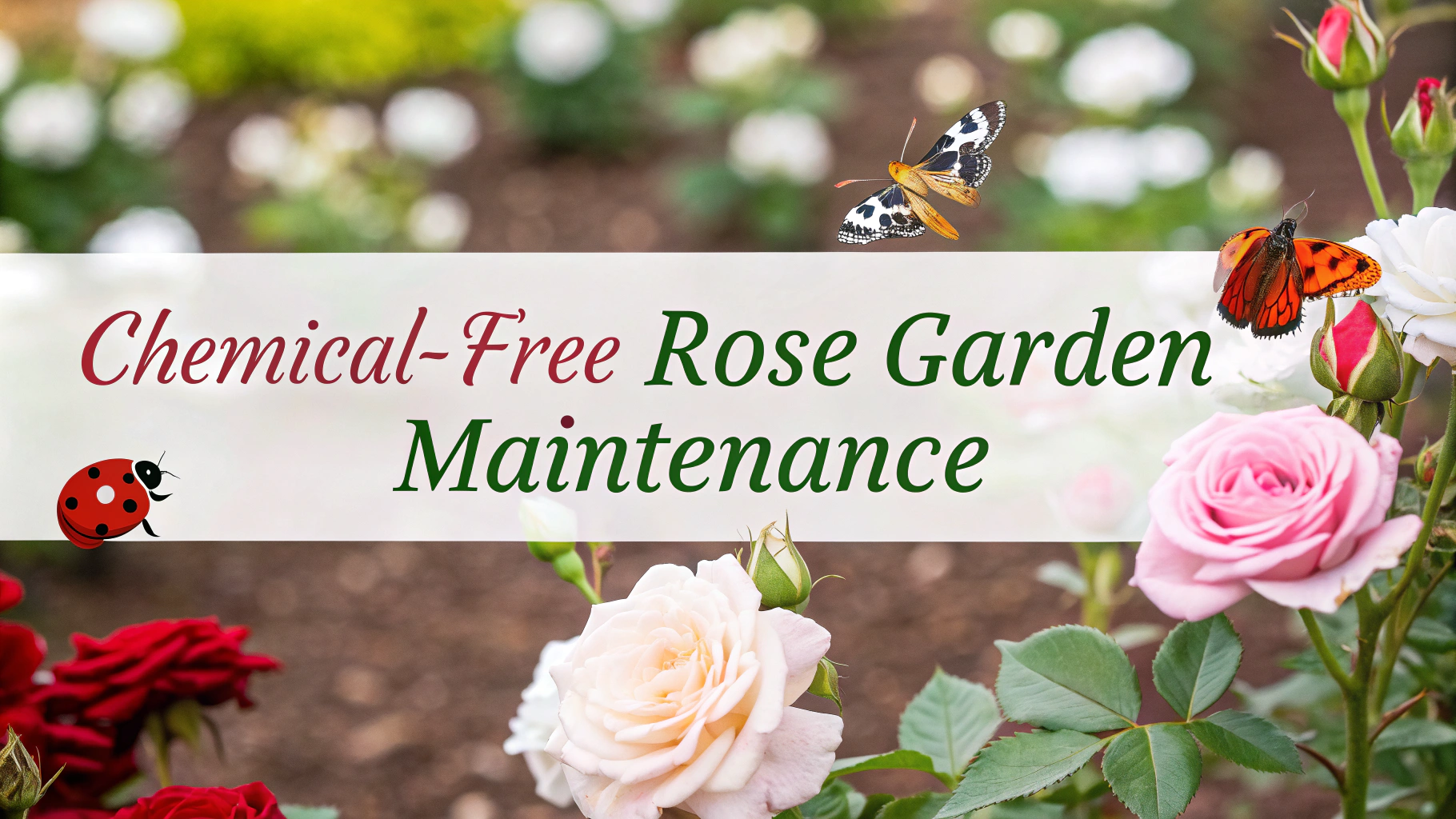
Chemical-Free Rose Garden Maintenance
Growing roses without chemicals takes smart planning and natural solutions, but rewards gardeners with healthier plants and safer gardens. Natural Pest Prevention Basics Strong, healthy rose plants naturally resist many common pests and diseases. Space ... Read more
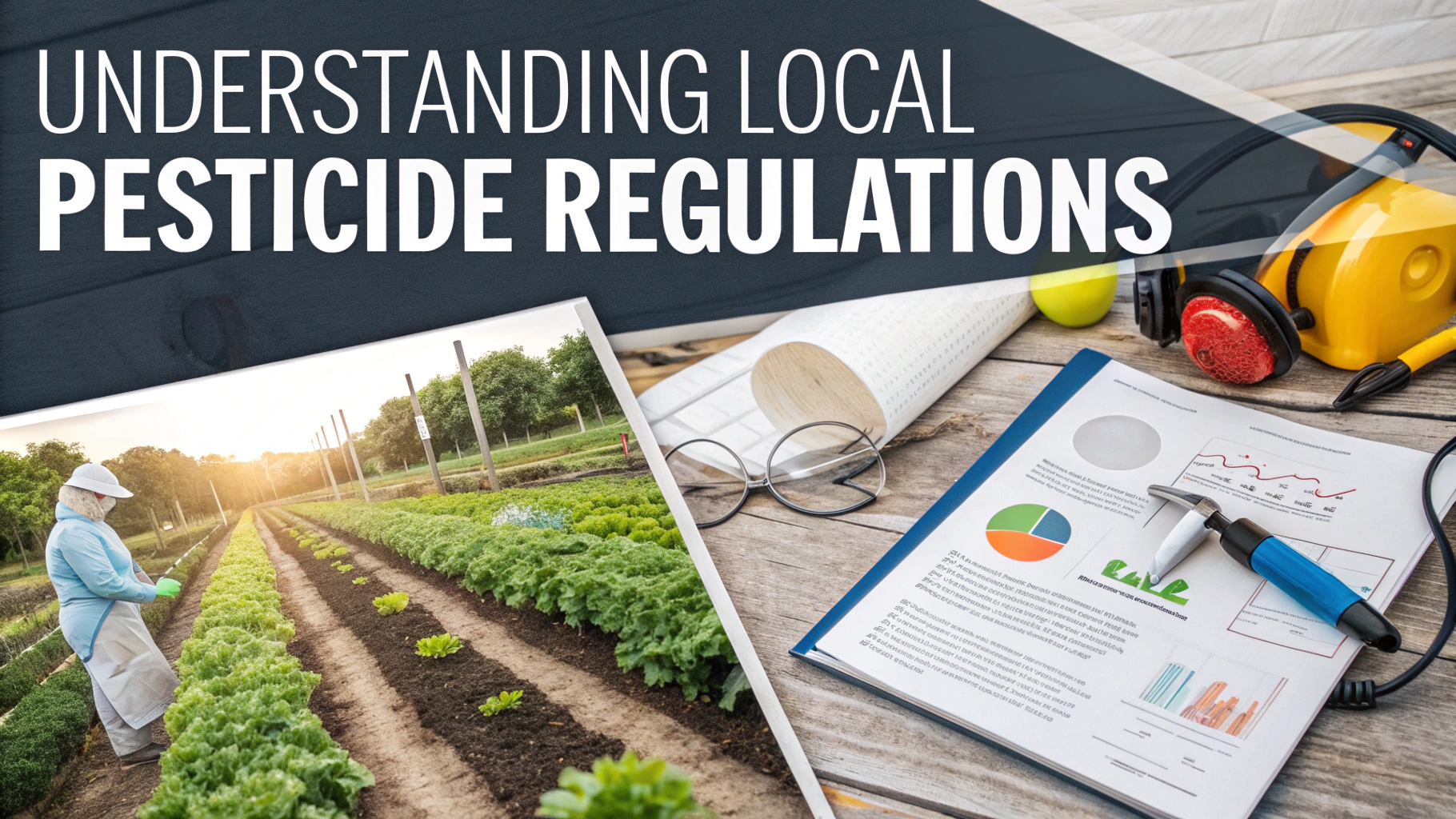
Understanding Local Pesticide Regulations
Local pesticide regulations vary significantly between different municipalities, counties, and states across the United States. The Environmental Protection Agency (EPA) sets baseline national standards for pesticide use, but local authorities can impose stricter rules. Key ... Read more
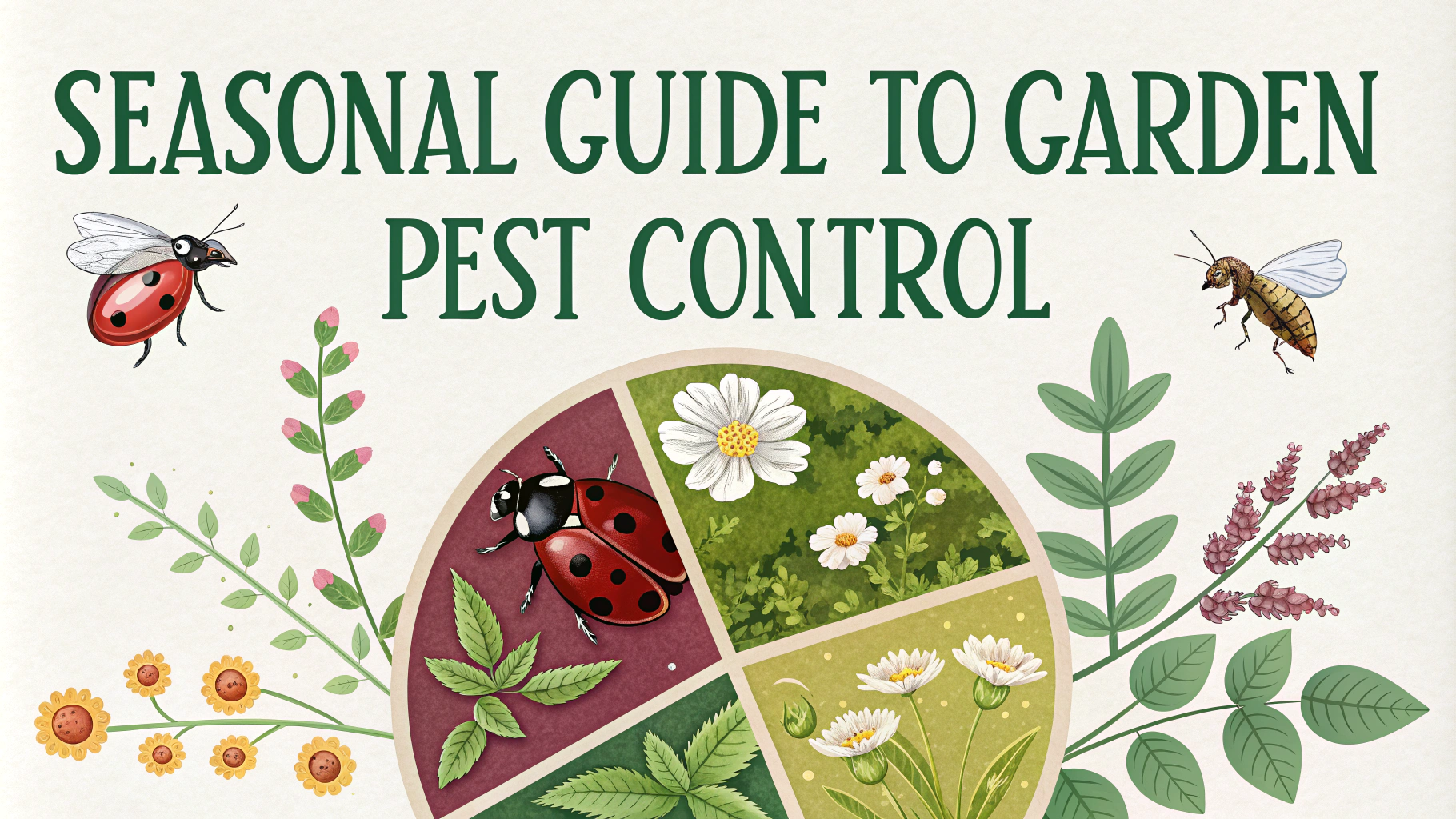
Seasonal Home Pest Prevention Guide
Keeping your home pest-free requires different approaches as seasons change throughout the year. Spring Prevention (March-May) As temperatures rise, insects emerge from winter dormancy and begin seeking food and shelter. Seal exterior cracks and holes ... Read more
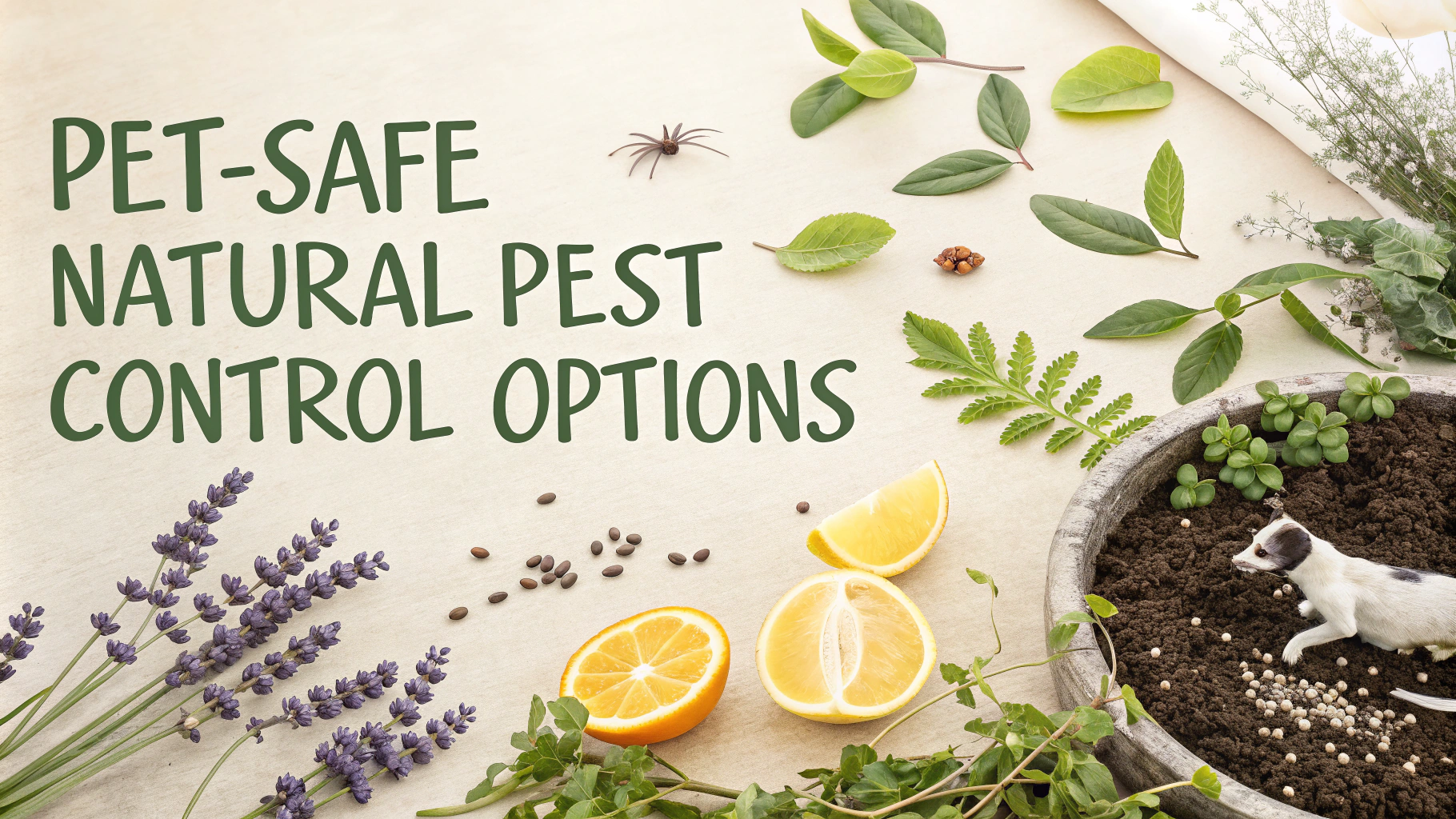
Pet-Safe Natural Pest Control Options
Natural pest control methods can keep your home bug-free while protecting your pets from harmful chemicals. Quick Overview of Pet-Safe Natural Pest Control Diatomaceous Earth (Food Grade) Essential Oils (Selected varieties) Nematodes for Garden Pests ... Read more
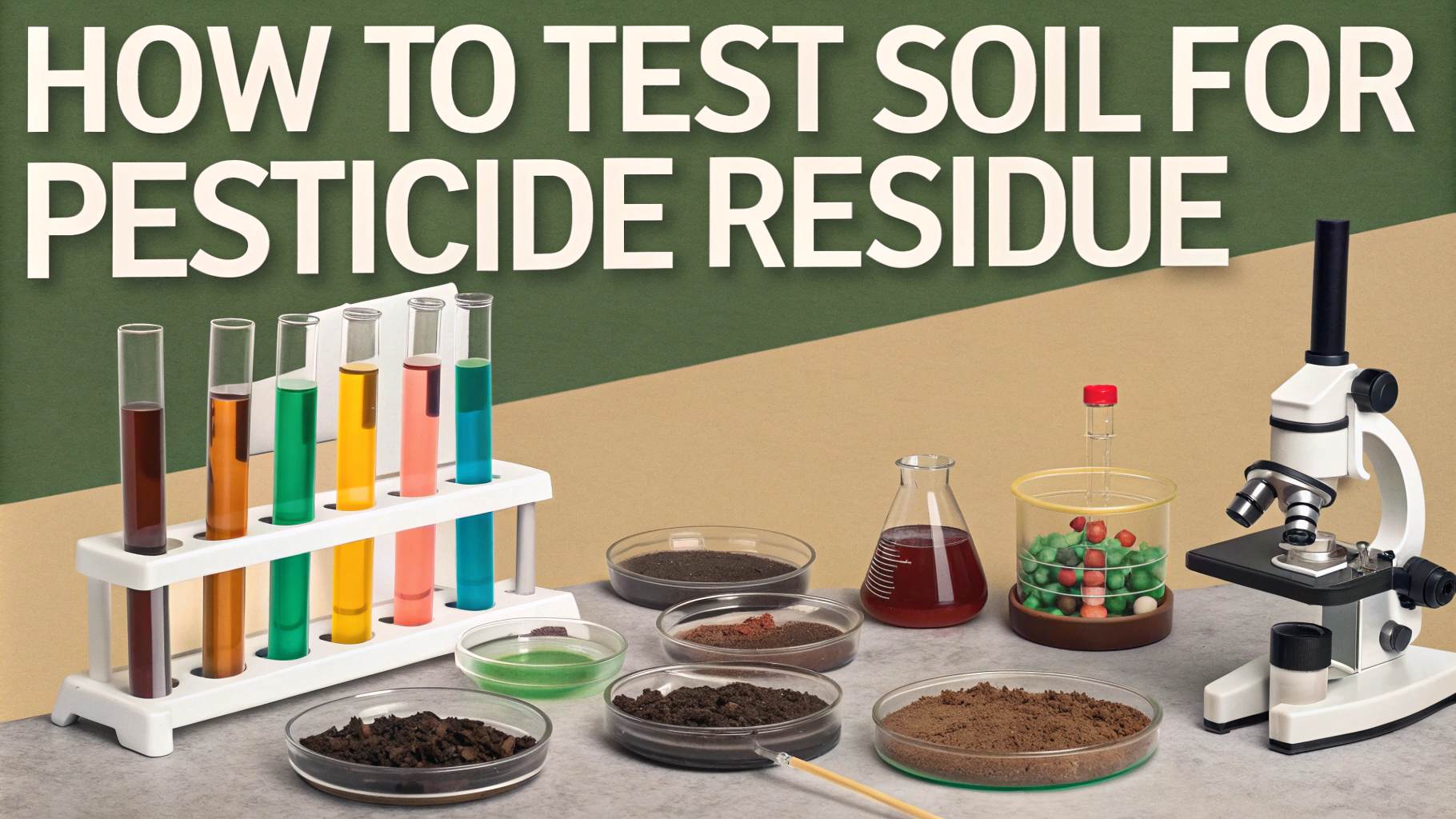
How to Test Soil for Pesticide Residue
Testing soil for pesticide residue helps ensure your garden or farming land is safe for growing food and maintaining environmental health. Professional Testing Options The most accurate method is sending soil samples to an accredited ... Read more
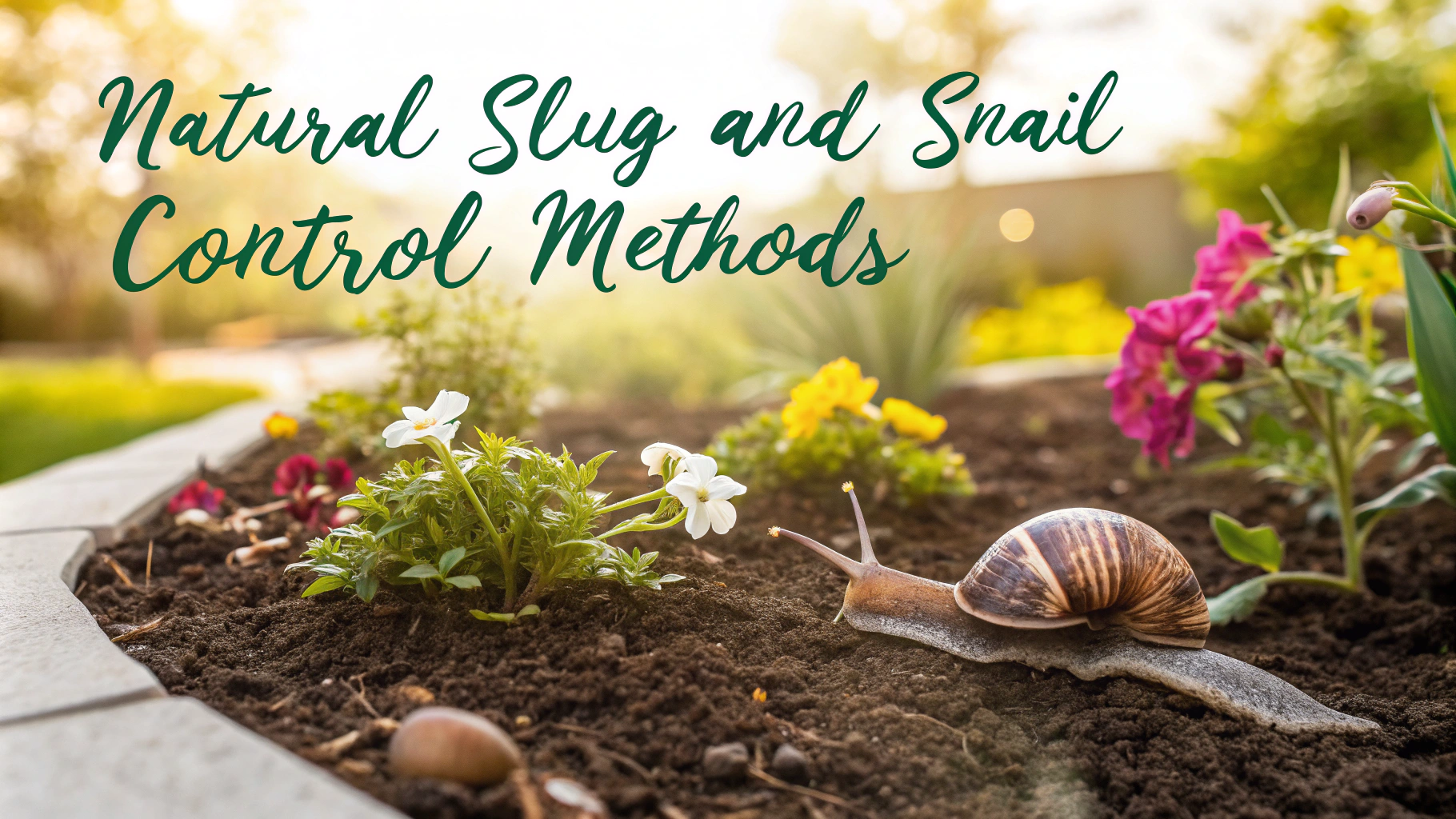
Natural Slug and Snail Control Methods
Slugs and snails can wreak havoc in gardens, but natural control methods offer safe, effective solutions without harmful chemicals. Natural barriers like copper tape, eggshells, or diatomaceous earth create protective boundaries around plants that slugs ... Read more
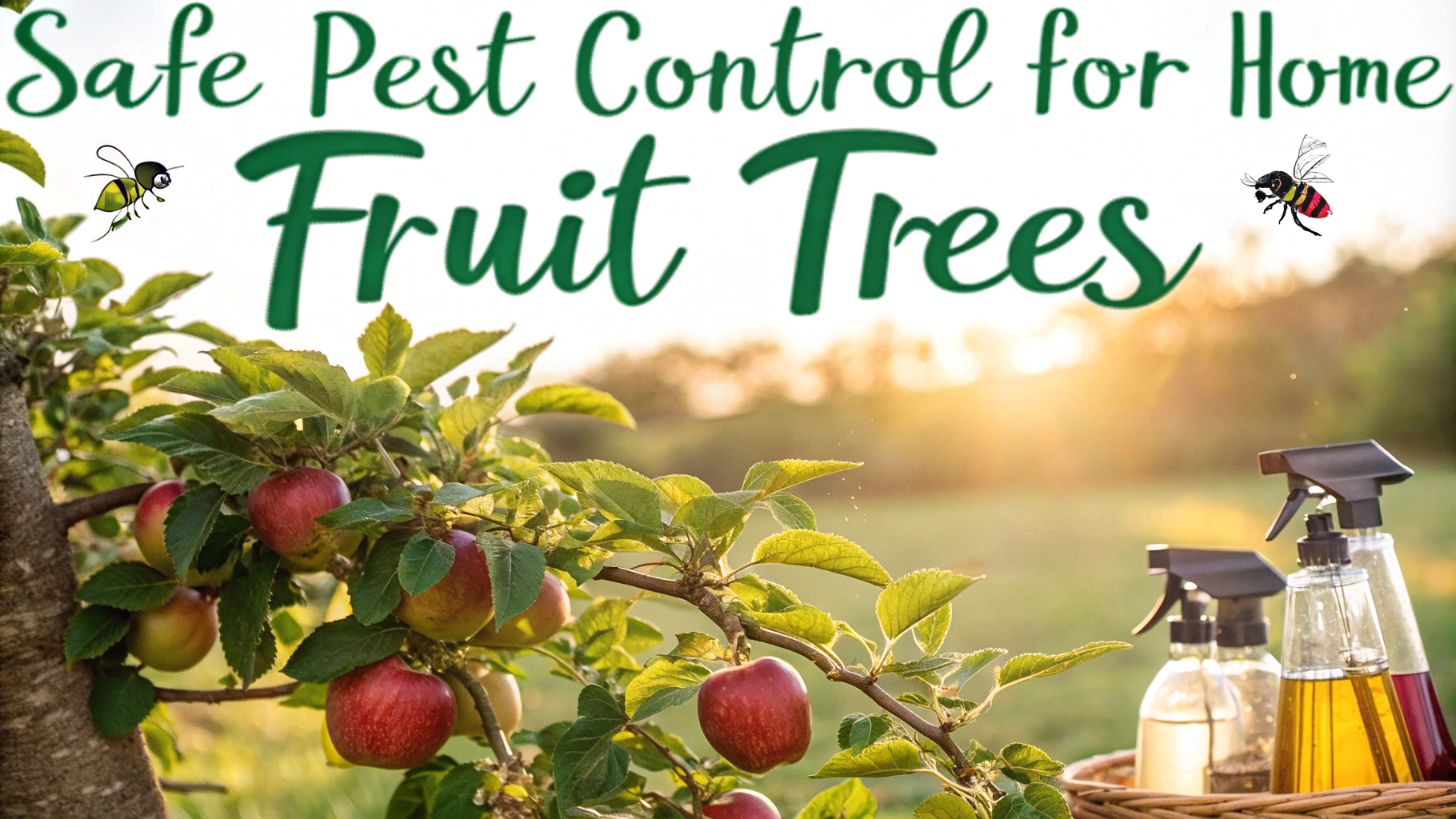
Safe Pest Control for Home Fruit Trees
Protecting your fruit trees from pests doesn’t require harsh chemicals that could harm your family, pets, or the environment. Natural Pest Prevention Methods Clean fallen fruit and debris regularly from under trees to prevent pest ... Read more
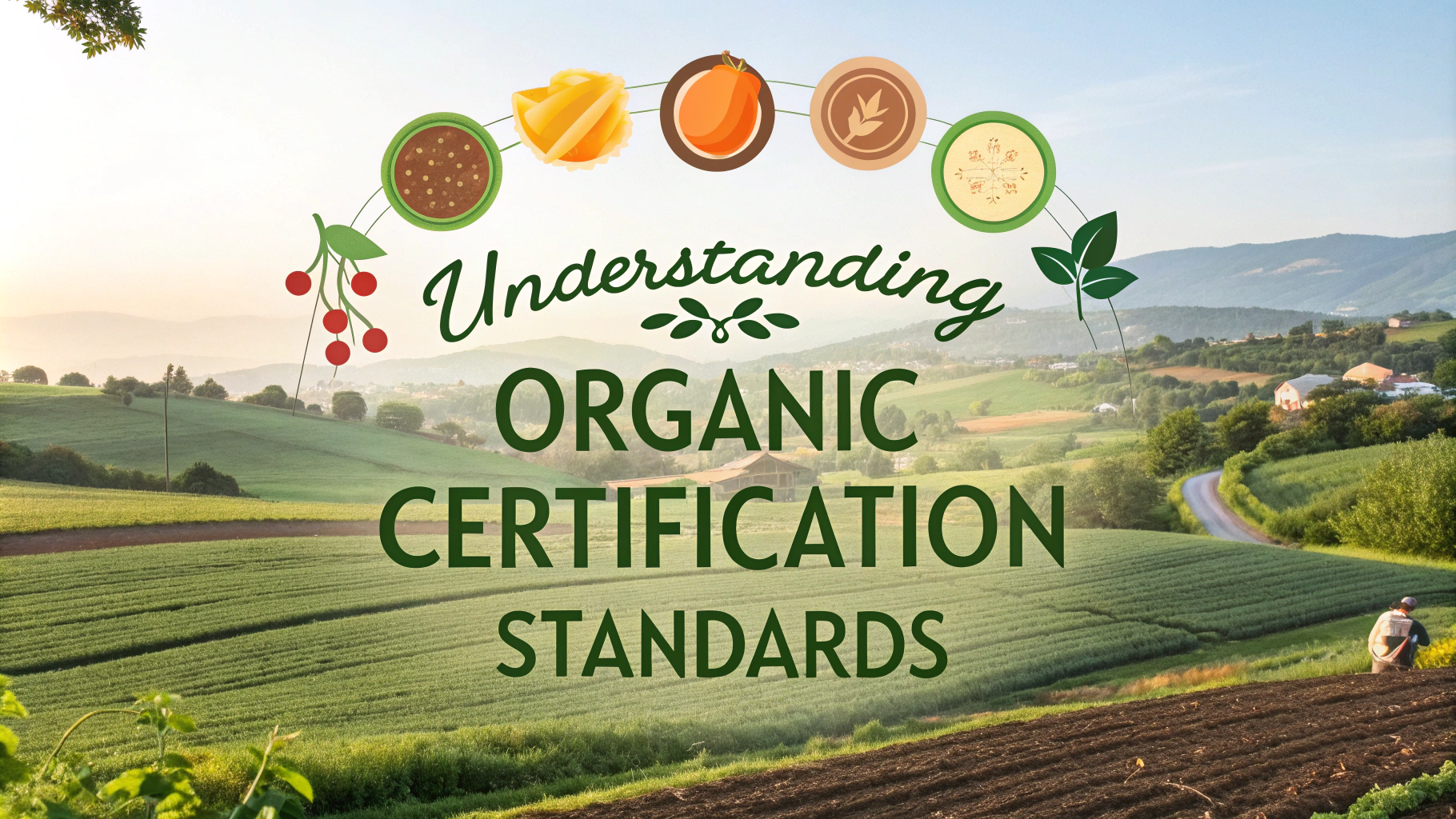
Understanding Organic Certification Standards
Organic certification standards establish strict guidelines for food production without synthetic pesticides, ensuring products meet specific requirements for the “organic” label. The USDA National Organic Program (NOP) oversees organic certification in the United States, working ... Read more
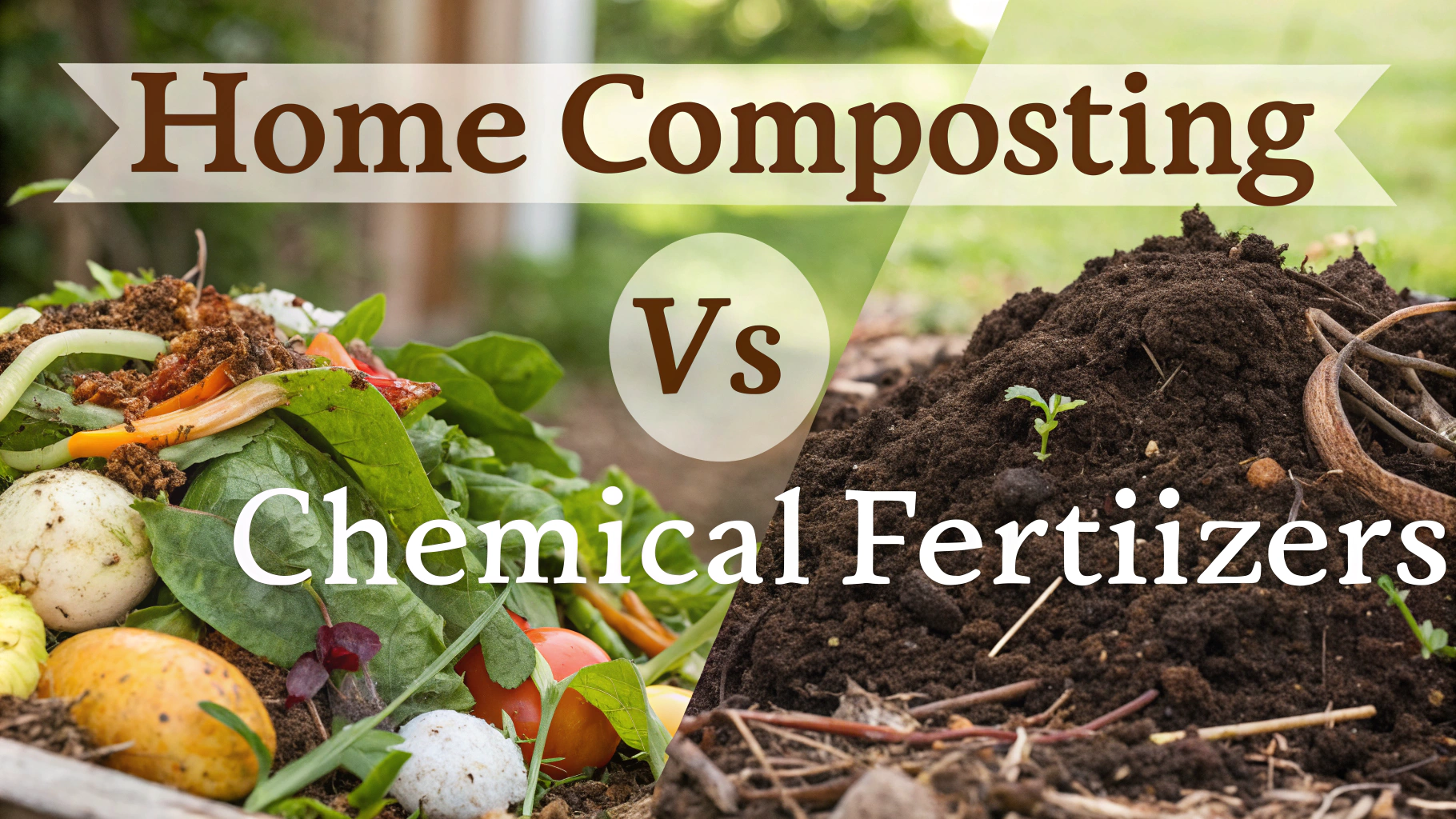
Home Composting vs. Chemical Fertilizers
Making the switch from chemical fertilizers and pesticides to home composting can transform your garden while helping the environment. Benefits of Home Composting Reduces household waste by up to 30% Creates nutrient-rich soil amendment for ... Read more
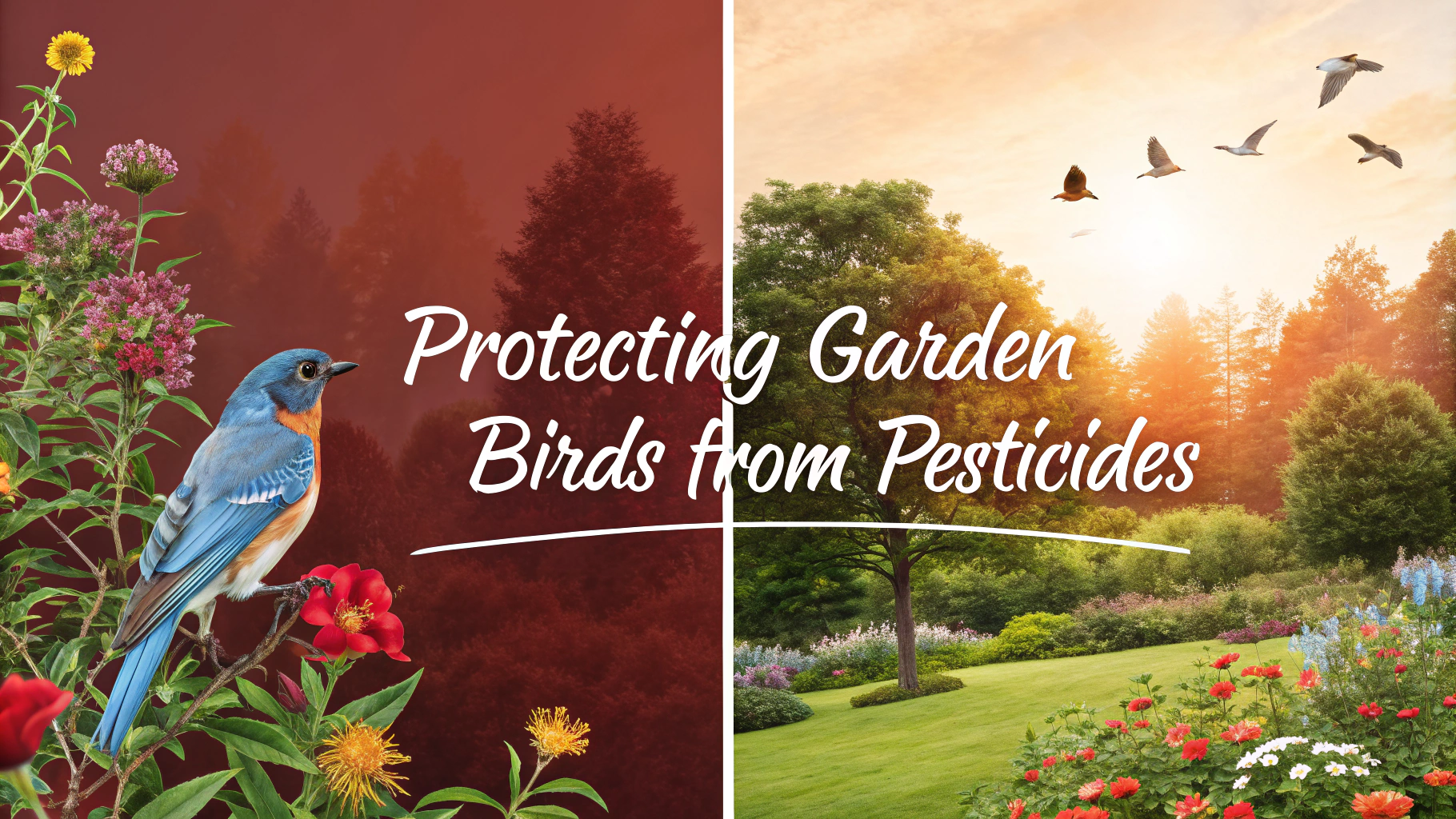
Protecting Garden Birds from Pesticides
Garden birds bring life, color, and natural pest control to our outdoor spaces, yet common pesticides can harm these beneficial visitors. This guide helps you protect birds while maintaining a healthy garden. Common Pesticides That ... Read more
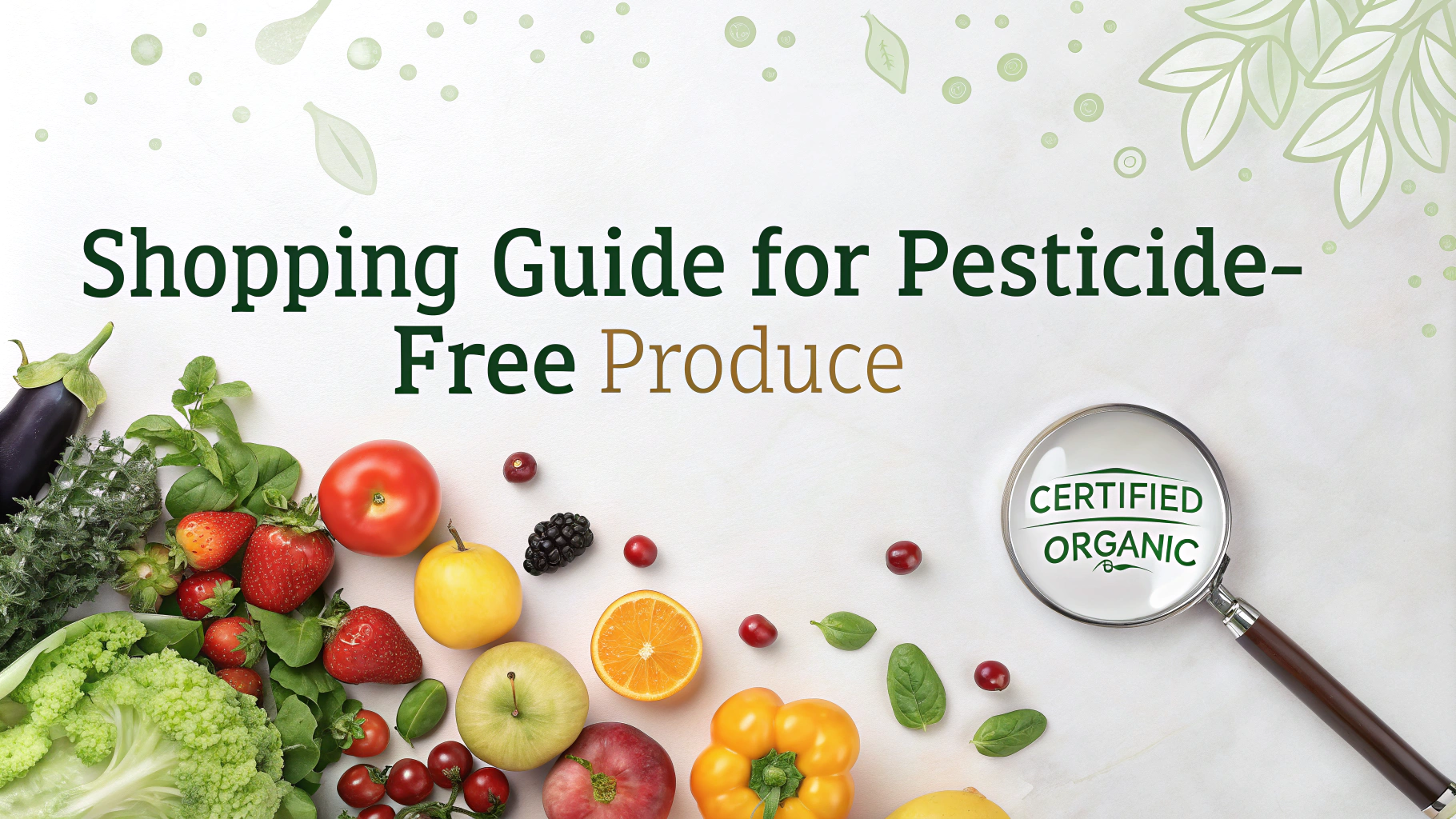
Shopping Guide for Pesticide-Free Produce
Growing concerns about pesticide exposure have made shopping for clean produce increasingly important for many families. Highest Pesticide Residue Produce (Buy Organic) Strawberries Spinach Kale, collard & mustard greens Nectarines Apples Grapes Bell & hot ... Read more
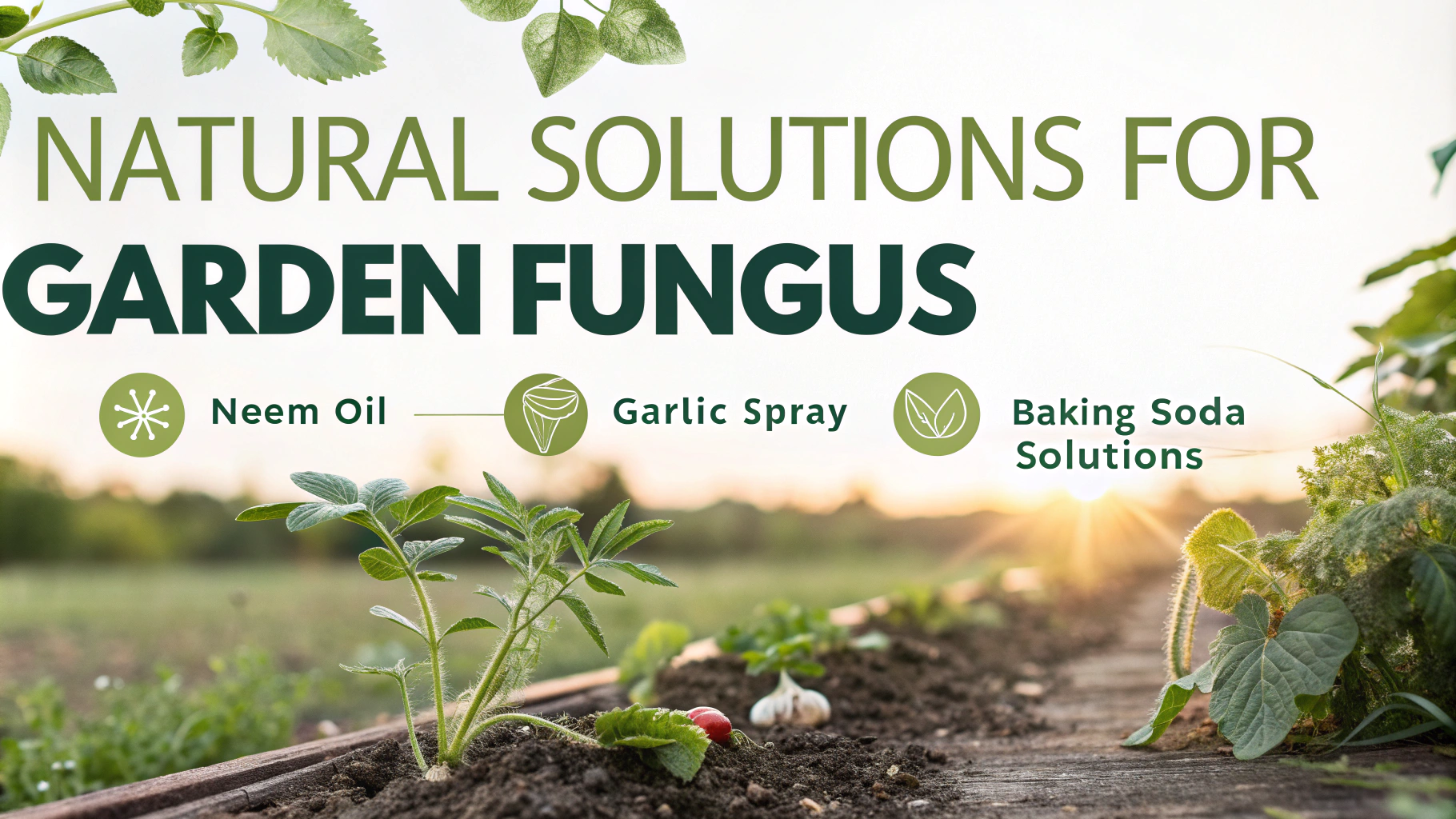
Natural Solutions for Garden Fungus
Garden fungus can damage or kill plants, but natural solutions offer effective and environmentally-friendly treatment options. Quick Natural Solutions Baking Soda Spray: Mix 1 tablespoon baking soda with 1 gallon water and a few drops ... Read more
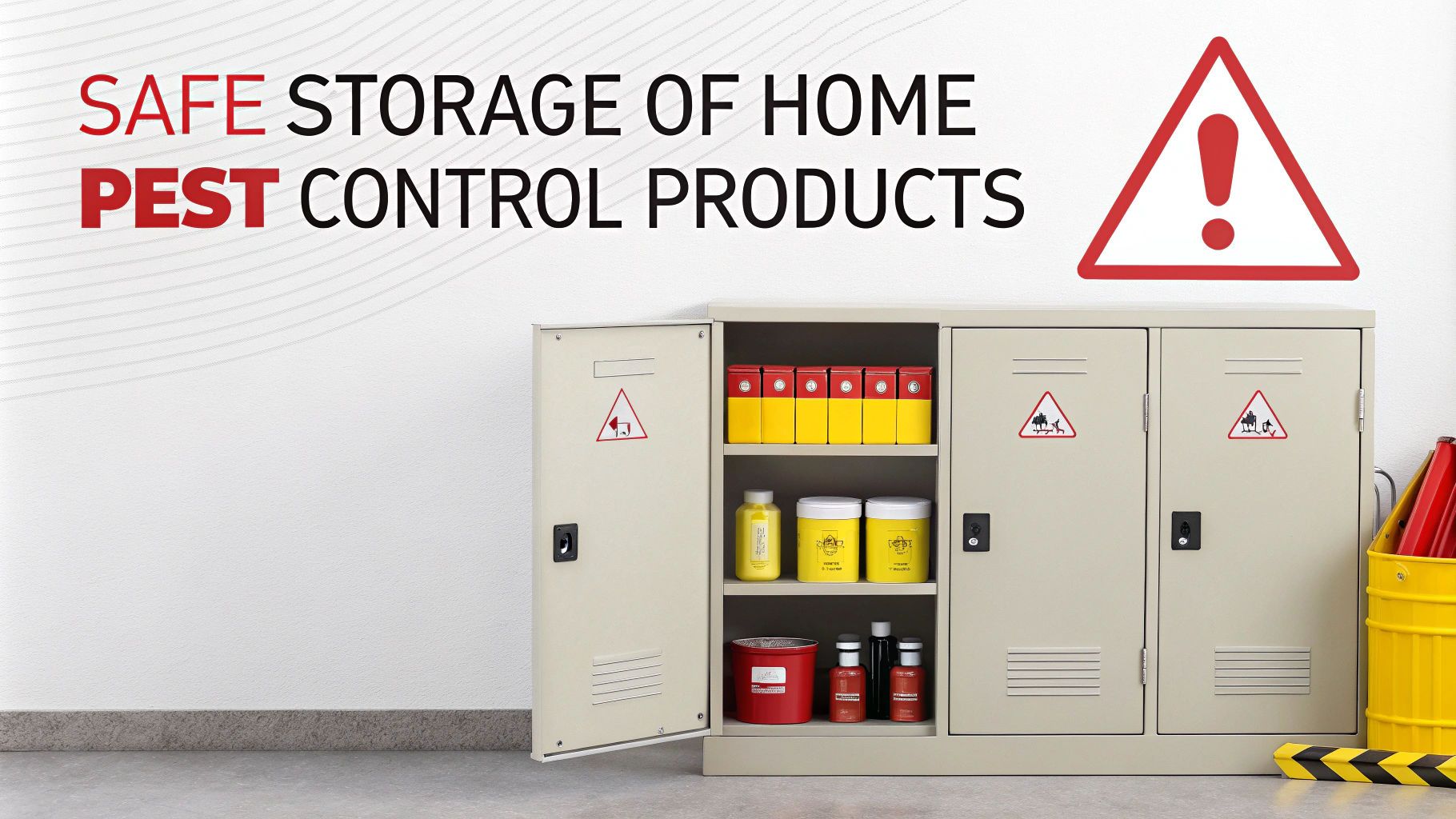
Safe Storage of Home Pest Control Products
Proper storage of pest control products helps protect your family, pets, and the environment while maintaining product effectiveness. Basic Storage Rules Store in original containers with readable labels Keep in locked cabinets out of reach ... Read more
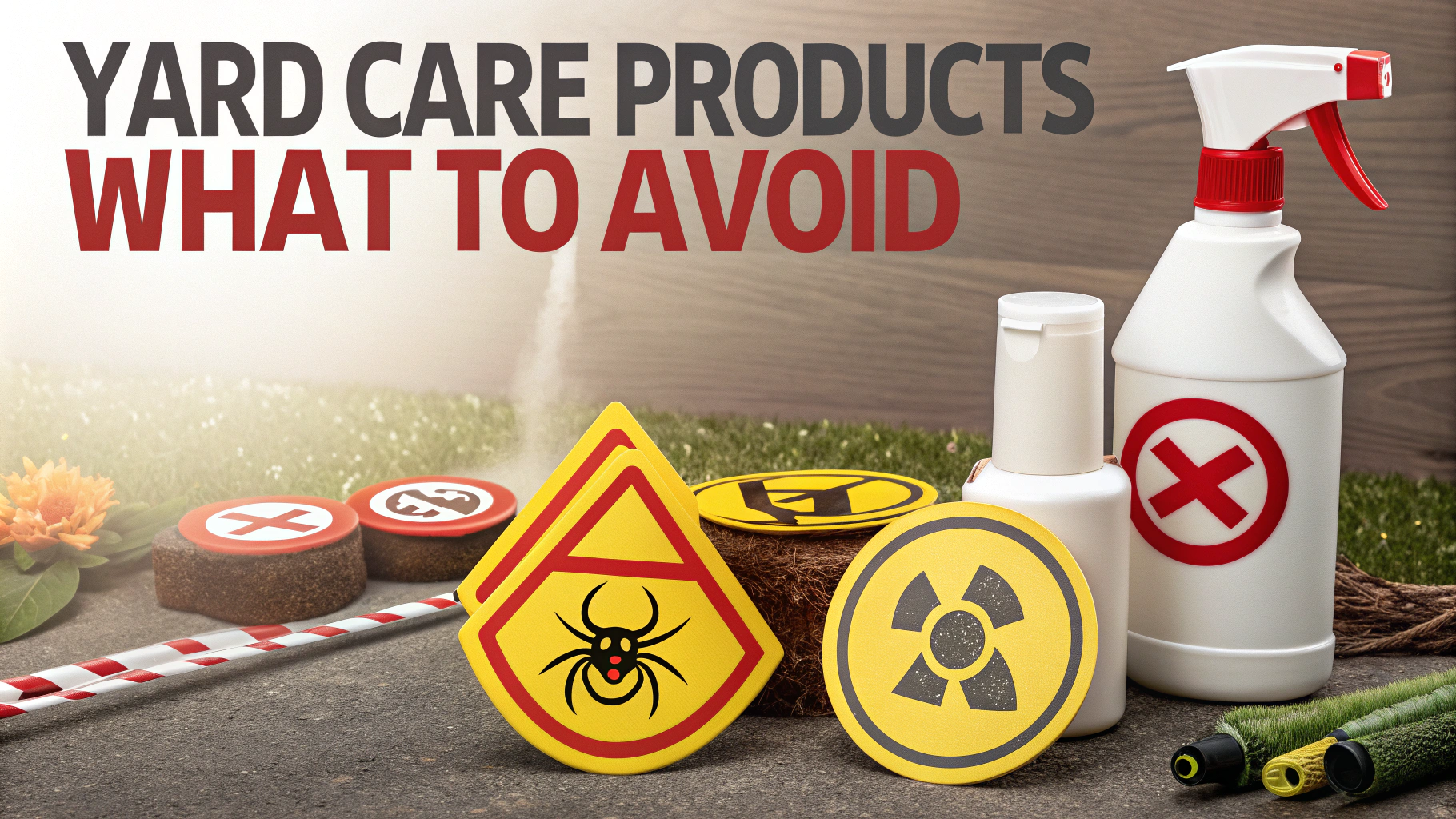
Yard Care Products: What to Avoid
Making smart choices about yard care products helps protect your family’s health and the environment. Chemical pesticides pose serious risks to children, pets, beneficial insects, and local wildlife. Common Pesticides to Avoid Glyphosate (Roundup) – ... Read more
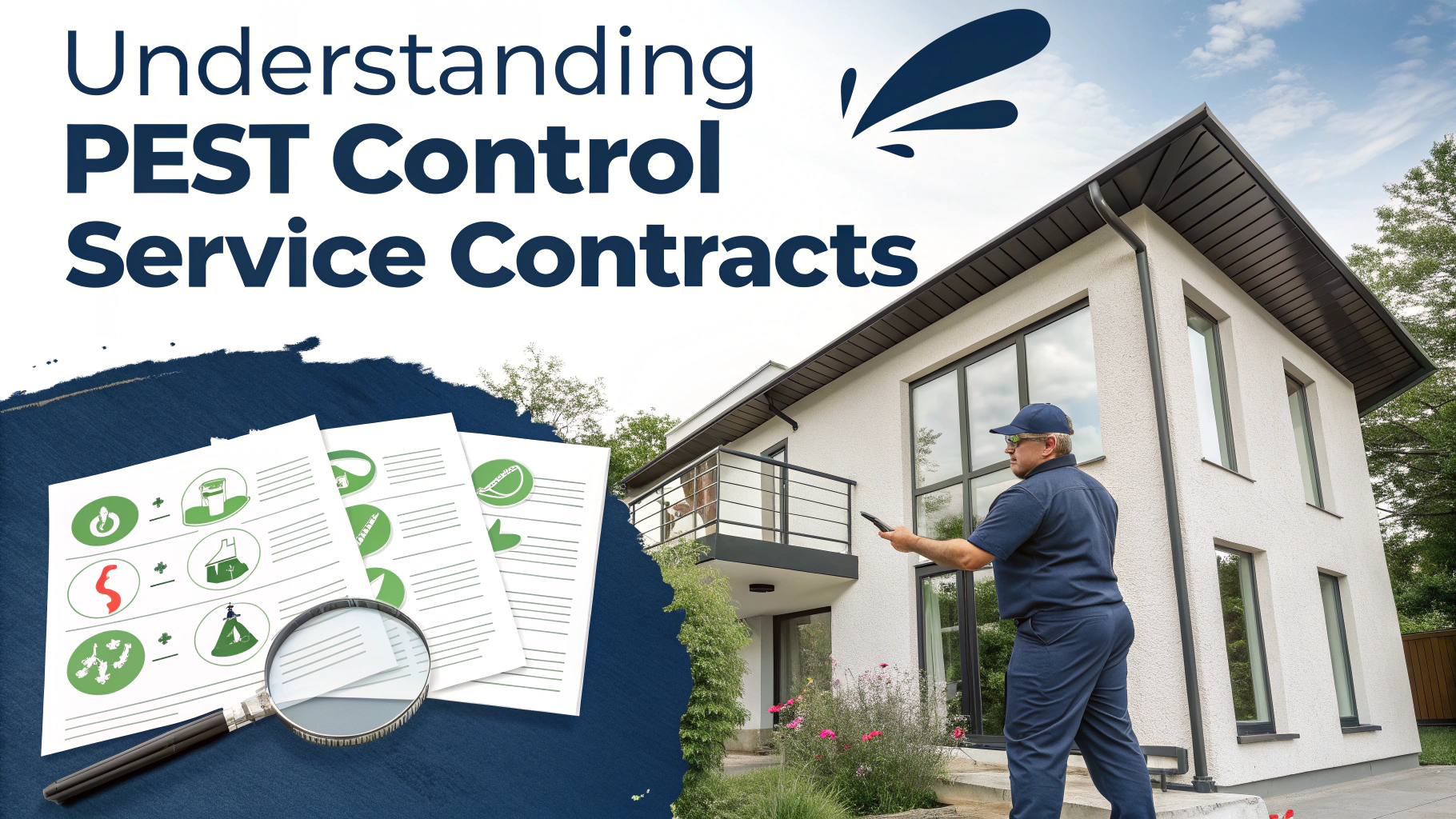
Understanding Pest Control Service Contracts
Pest control service contracts provide homeowners and businesses with regular, scheduled pest management solutions to prevent and address infestations. Types of Pest Control Contracts Monthly Service: Regular inspections and treatments every 30 days Quarterly Service: ... Read more